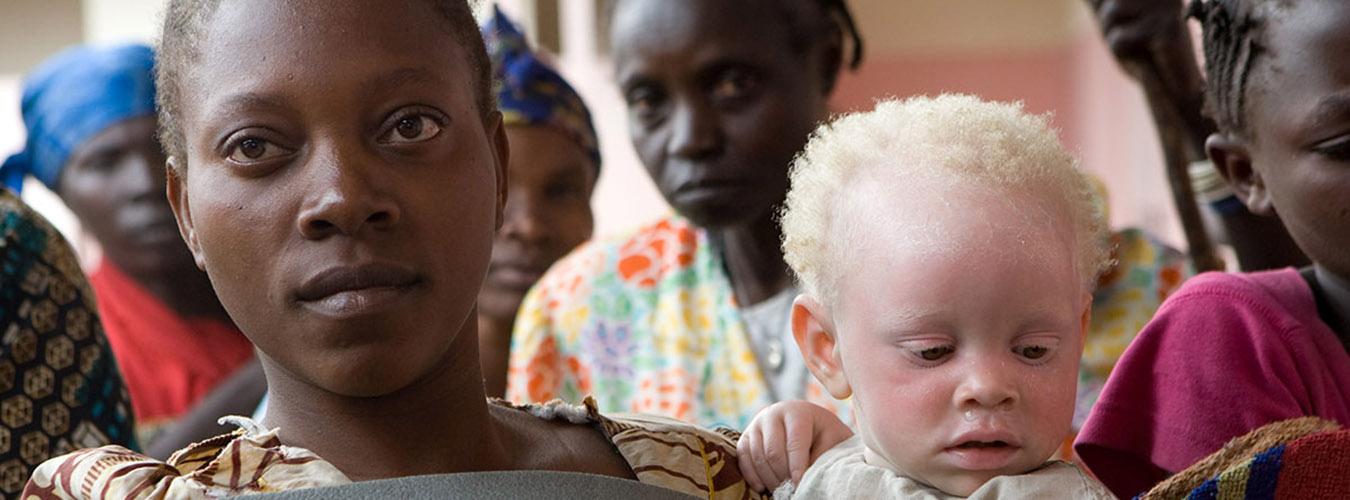The Manipal Hospitals is committed to delivering optimal patient care in a completely safe environment at all cost. As a pioneer of providing worldclass medical care, it follows stringent safety measures to ensure maximum protection against hospital-acquired infections for all its patients and staffs 24/7.
Its institutional safety guidelines have been formulated, keeping in mind the Hippocratic
Oath “First do no harm”. We follow several steps for all our surgical patients right before their admission through their discharge to avoid any mishaps.
- All patients, planning surgeries undergo pre-operative consultation. Where it helps
them understand their condition, the objective of the surgery and introduce them to the
team going to operate. The complete session is done under the supervision of treating
doctor and patient coordinator. - Based on the symptoms, history, profession and condition patients are scored and
categorized as ‘high’ or ‘low’ risk groups. For example, patients with travel history,
health-care professionals, policemen, symptoms of fever are categorized as ‘high’ risk
patients. - The surgical procedures are further mapped as ‘high’ and ‘low’ based on patients
scoring and the surgery is then performed in designated OTs or areas in the OTs
especially equipped to meet all the safety requirements. - All health-care professionals are equipped with appropriate PPEs based on the risk
category. For example, doctors performing high-risk procedures are equipped with a
special mask, shoe covers, hazmat suit, double gloves, etc while those performing low risk procedures are supplied with N-95 masks and caps. - All patients have to undergo a mandatory standard checklist before entry into the
operation theatre. The ‘High’ risk patients are examined and cleared by pulmonologists,
infectious disease experts or Internal medicine experts before being taken for procedures. - High-risk cases are kept in isolation ward and procedures are carried out in special
operation theatre.











